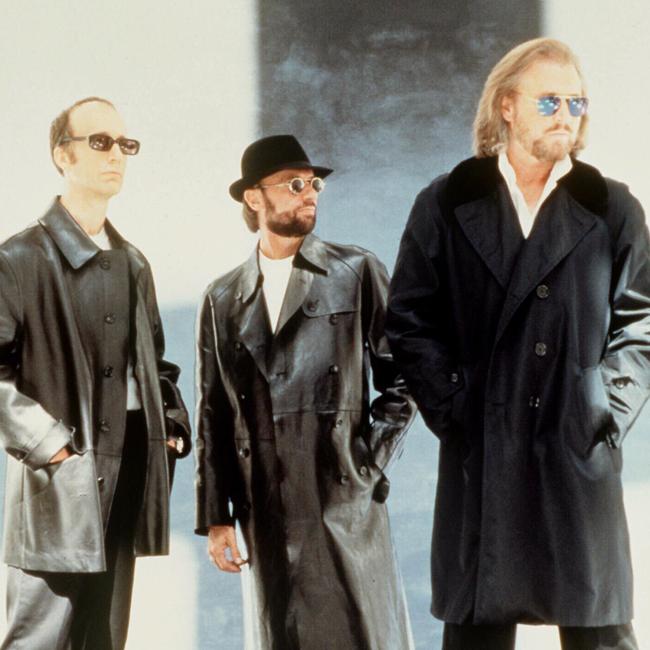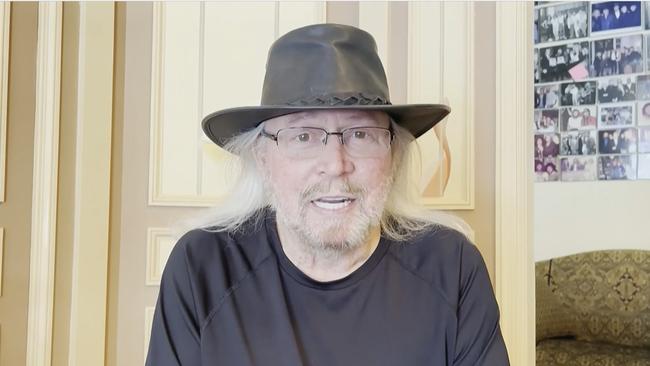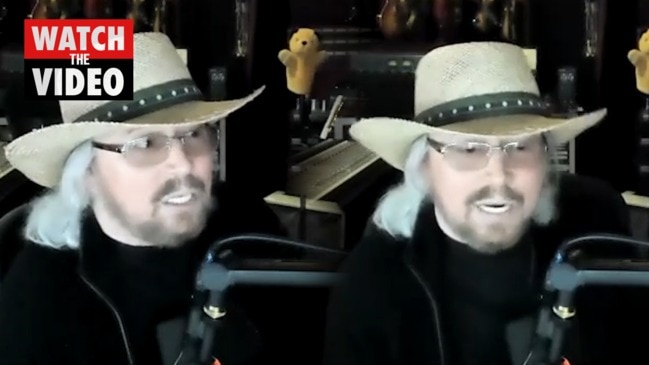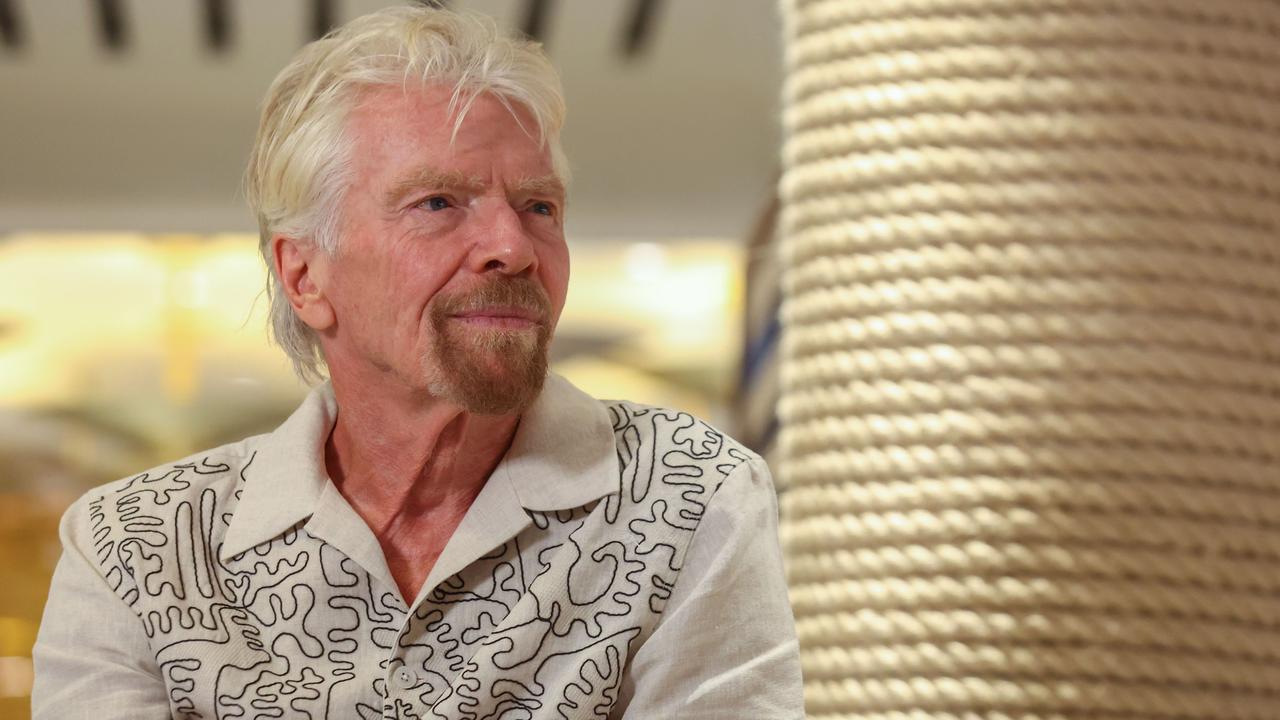Stayin’ alive – disco dramas of the Bee Gees set for the silver screen
When disco quickly lost momentum in the 1970s, its biggest-selling act became the focus of ridicule and hate – and even bomb threats.

By the end of the 1970s the backlash against disco was so powerful that the Bee Gees, the group synonymous with the genre, were banished from radio and even faced bomb threats.
It represented a remarkable fall from grace for the Gibb brothers, who came to define the glitter ball era with Stayin’ Alive and Saturday Night Fever, a time when John Travolta was considered the height of cool in his white three-piece suit.
Their rise and fall and rise again are now getting the Hollywood treatment, with Ridley Scott tipped to direct a Bee Gees biopic. The film, which has been in development for years, would appear to have all the hallmarks of a box-office smash.
Musical biopics have been a reliable source of success for Hollywood in recent years, with Queen’s Bohemian Rhapsody grossing about $1.4bn and Elton John’s Rocketman winning an Oscar.

The Bee Gees film has access to one of the best back catalogues in pop music and, as well as the pedigree of 86-year-old Scott, will be written by John Logan, known for his work on the historical epic Gladiator. Barry Gibb, the last surviving member of the band, will be an executive producer.
Logan will not be short of material. Born on the Isle of Man, Barry and younger twins Maurice and Robin were raised in Manchester, where their brother Andy, also later a singer, was born, before immigrating to Australia.
The three elder brothers formed a band in 1958 and released their first album in 1965. They went on to achieve extraordinary success with hits including Spicks and Specks, Massachusetts and How Can You Mend a Broken Heart. Their careers faltered, however, amid drink and drug abuse, and by the mid-1970s they were yesterday’s men.

An improbable revival was around the corner. The Bee Gees wrote songs for the soundtrack of the 1977 blockbuster Saturday Night Fever and returned to the top of the business thanks to hits including Jive Talkin’, Tragedy, How Deep is Your Love and More Than a Woman. A backlash was brewing, however, as disco became passe and soon radio stations stopped playing their music. Bee Gees tours were even targeted by bomb threats.
“We’re just a pop group, we’re not a political force,” Barry Gibb said at the time. “We’re just making music, and I don’t think there’s any reason to chalk us off because we existed in the ’70s and we would like to exist in the ’80s.”
The band went on to top the British charts in 1987 with You Win Again, and reached No.2 in the album charts in 1997 with Still Waters.
Although Gibb will be an executive producer on the biopic, it remains to be seen whether he will be able to bring himself to watch the film.
He gave interviews for HBO’s acclaimed 2020 documentary The Bee Gees: How Can You Mend a Broken Heart but later admitted it was too painful to see his brothers on screen.

“I can’t handle watching the rest of my family,” he told CBS while explaining why he would not watch the documentary. “I think it’s perfectly normal to not want to see how each brother was lost, you know? And I don’t want to address it. I’m past it.”
Maurice died unexpectedly aged 53 in 2003 after surgery in Florida for a twisted intestine. Robin died in London in 2012, aged 62. He had had cancer diagnosed but it later emerged the cause of death was kidney failure.
Barry and Robin had been estranged, and the former told of his regret and at their rocky relationship while delivering his brother’s eulogy.
He has toured on his own but concedes it is not the same: “It’s lonely up there when you haven’t got your brothers. But you still make it – you still make it fun. That’s what counts.”
THE TIMES



To join the conversation, please log in. Don't have an account? Register
Join the conversation, you are commenting as Logout